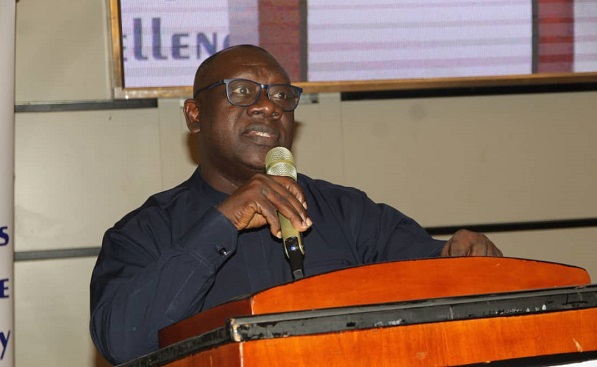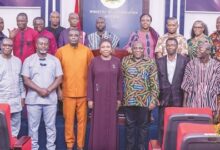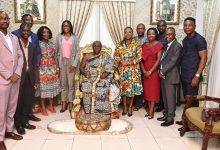
The Director of Advocacy and Policy Engagement at the Centre for Democratic Development (CDD), Ghana, Dr Kojo Asante has advocated a mixed proportional representation of women at the local government level.
During a presentation at the opening of a two-day multi-stakeholder conference organised by the CDD-Ghana in partnership with the Institute of Democratic Governance (IDEG) in Accra yesterday, Dr Asante noted that out of 6,000 assembly members across the country only 460 were women.
The conference which was on the theme “forging consensus towards local government reforms in Ghana” was aimed at forging a consensus among Civil Society Organisations (CSOs) on key areas for comprehensive local government reforms and developing an implementation plan for the proposed reforms.
This, he said, was a challenge considering the important role women play in the society in the area of economic, social and political decisions making.
“There is a real problem of inclusiveness at the local government level because this should be the easiest level where women should have easy access to leadership and yet in many places women representation to leadership is limited,” he said.
“Statistically out of 6,000 assembly members, only 460 are women and they are making decisions for the development of communities where in most cases women are majority,” he added.
At the event, some of the issues discussed included the envisioning of a progressive local governance system with elected MMDCs on party and not on party lines and comparative systems of local governance.
A Deputy Minister of Local Government, Decentralisation and Rural Development (MLGDRD), Mr Osei Bonsu Amoah said for the mixed proportional representation to happen, there was the need for it to be backed by law.
For him, an increase of women in both government and politics would bring about more differing views, opinions and perspectives which would prove beneficial to the country’s development.
“We aim to promote democracy, good governance, inclusive development and this mission cannot be achieved without the majority of the population who are women, participating effectively,” he said.
He said the situation was even worse at the local government level where the barriers to participation was supposed to be lower, adding that out of about 6,000 assembly members, only 216 were women.
The Deputy Minister said an increase of women in both government and politics would bring about more differing views, opinions and perspectives which would prove beneficial to the country’s development.
BY BENEDICTA GYIMAAH FOLLEY






